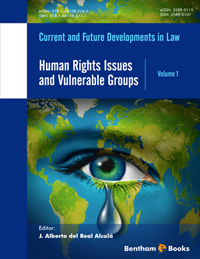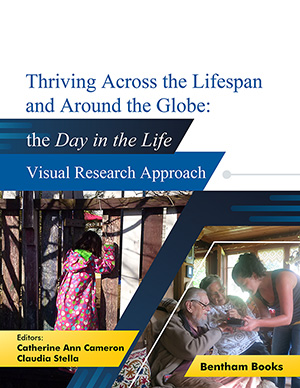Abstract
Participating in a volume dedicated to rights and vulnerable groups makes it necessary to set out the axioms from which this chapter starts. Traditionally the legal efforts that have been made to recognize the rights of women have only been proposed as legal “addenda”, perfectly adaptable to the patriarchal system, and always considering women as a vulnerable group in need of protection, a condition also comparable to that of other groups on whatever may be the basis, whether of race, illness, disability or sexual orientation. But to misdiagnose a subject carries with it a nefarious prognosis. Classifying women as a vulnerable group, when they are over 52% of the world’s population, who in turn suffer the overlapping and systemic structures of exclusion due to race, disease, disability, age or sexual orientation is like treating a structural excluding cancer with sticking plaster. This poor diagnosis of the subjects whose rights must be recognized and protected transversely has forced the international, European, national, regional or even legal local orders to reconceptualize the principle of equality, but this time looking at women as a non-vulnerable group of citizens and to settle on a new way of making law. Here we will discuss one example of this new and complex manner of creating law, although aware of its weaknesses and strengths.
Keywords: Citizenship, Equality principle, Human rights, Objective law, Vulnerable groups.













